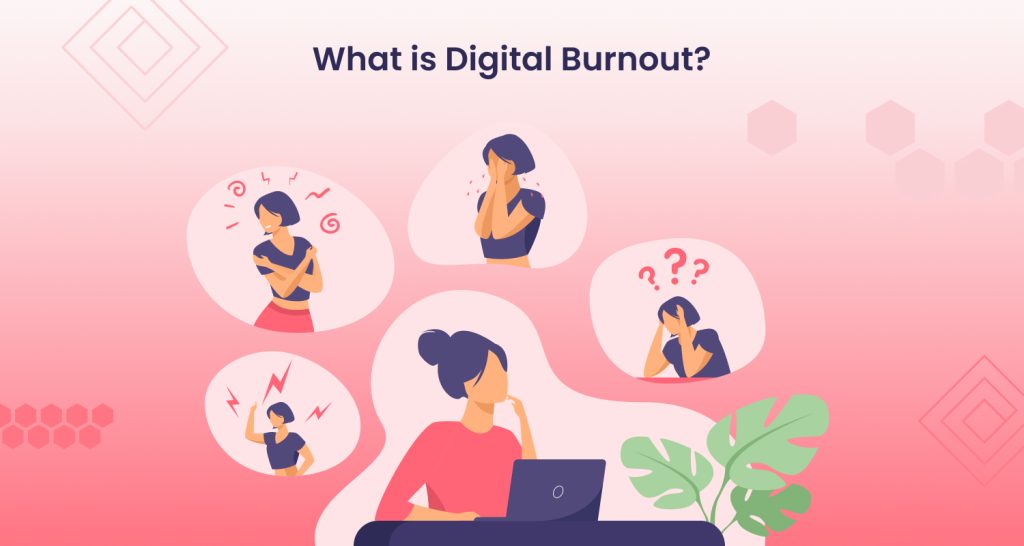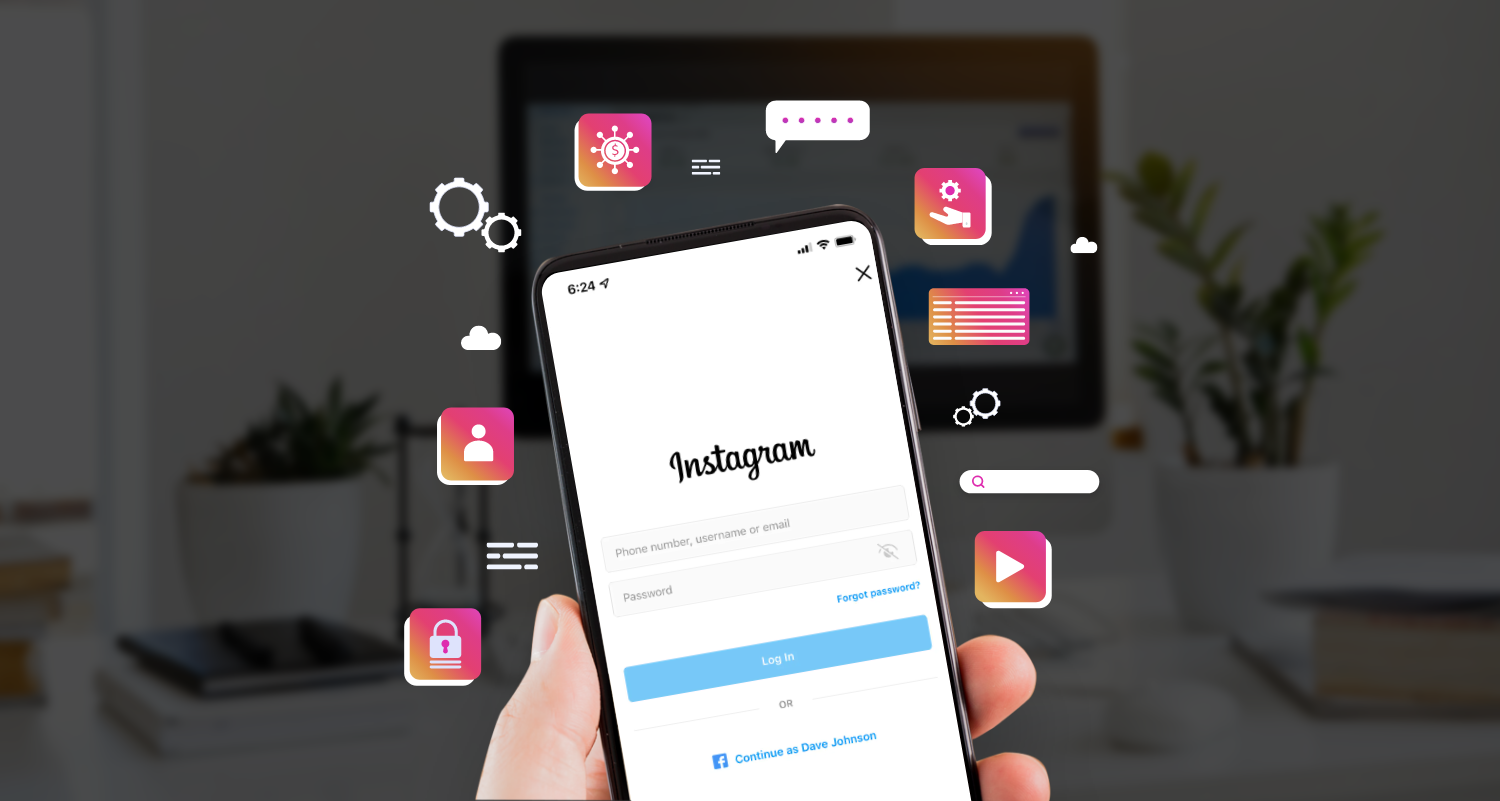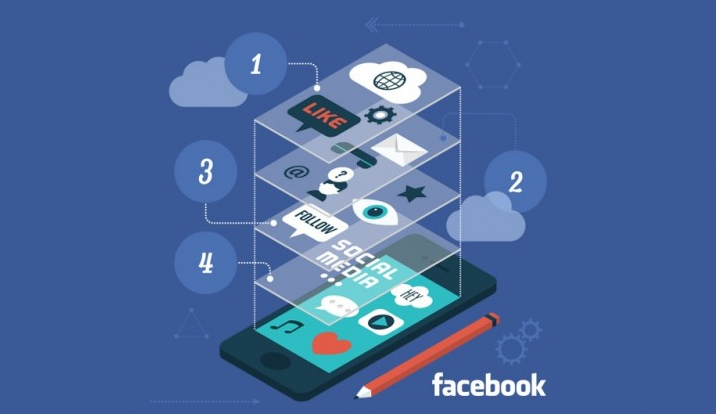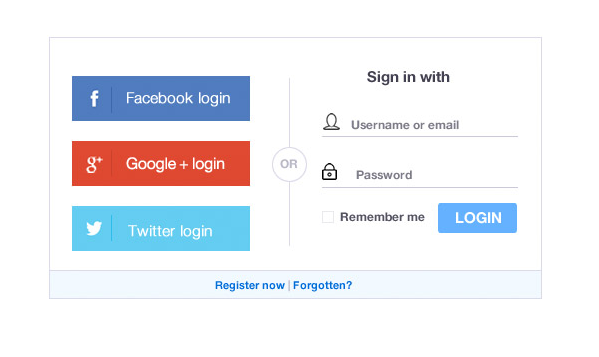The risk of burning out increases as technology makes us more connected and as more people rely on computers, iPads, and smartphones to either work or study.
Social media is becoming a commonplace aspect of life, and it has the potential to be both a benefit and a curse. On the one hand, it enables us to stay in touch with friends and family, share our opinions and experiences, and keep up with the most recent events and fashions. On the other side, if used carelessly, it can be addictive, distracting, and even destructive.
What is Digital Burnout?

When we use the term “digital burnout,” we’re referring to a group of symptoms that last for a longer period of time and include exhaustion, irritability, overexertion, and decreased focus. These result from the use-overuse-of digital media.
Digital burnout is a serious problem, as evidenced by the statistics. Among the most eye-opening results are the following;
- 67% of workers acknowledge experiencing burnout occasionally, with 22% saying it happens frequently.
- Since the start of the global pandemic, comments about digital burnout have increased.
- Over 82% of American remote employees have recently displayed symptoms of digital burnout.
- The Gen Z generation is most likely to feel unmotivated, unengaged, and unexcited by their jobs.
- Up to 40% of professionals claim that the pandemic and its impact on their workflow are directly responsible for their experience with digital burnout.
To put it in simple terms, digital burnout occurs when one becomes mentally and physically exhausted from excessive screen time. Young professionals are disproportionately affected by this problem compared to other generations. Additionally, managers should be aware that those who are experiencing digital burnout are 6.3 times more likely to call in sick and 2.6 times more likely to quit their positions.
How can you tell if you’re experiencing digital burnout?
1. Feeling overwhelmed: If you feel as though you can’t keep up with the continual demands of technology or the quantity of work you have to accomplish, this could be a sign of digital burnout.
2. Focusing issues: If you find it difficult to concentrate or focus on tasks, this may indicate that you are beginning to experience digital burnout.
3. Feeling Isolated: Excessive use of digital devices can cause a sense of disconnection from both. Digital burnout may be indicated if you find that you no longer enjoy your previous hobbies or pastimes, or if you feel alone and lonely.
4. Mood swings: If you find yourself getting frustrated or impatient with technology or online duties, this may be an indication of digital burnout.
5. Reduced productivity: Digital burnout may be indicated if you see that your productivity is dropping despite putting in more time and effort.
6. Sleeping Problem: Difficulty sleeping or a shift in your normal sleep schedule could be an indication of digital burnout.
Is there a safe threshold for the amount of news one should consume?
Individuals may have different limits for how much news is too much for their mental health. It’s critical to be aware of how much information you are consuming and how it affects your mental well-being. While some people may be able to take in a lot of news without feeling overwhelmed, anxious, or depressed, others may experience these feelings.
It’s important to pay attention to how much news you consume and how it affects your mental well-being. It’s a good idea to reduce your news consumption if you notice that it makes you feel stressed or overwhelmed after reading the news. If possible, prioritize good news pieces.
It is also necessary to take breaks from news consumption and to make time for self-care. Spend time engaging in enjoyable and relaxing activities, such as taking a walk, reading, or socializing with friends. Don’t forget to take some time to withdraw from social media and the news. Don’t overlook the importance of nurturing your relationships, engaging in meaningful conversations, and expressing gratitude.
In conclusion, it is really important to pay attention to the amount of news that you are taking in and how it is influencing you.
The negative effects of having excessive time spent on social media and overexposure to news
Social media keeps us engrossed in the screens of our devices for hours at a time, shutting us off from the world around us and also drastically changing how we perceive time. Many individuals now consider it normal to check their Instagram accounts first thing in the morning to see whether there are any new messages or responses to their postings. It’s as if our pleasure is mostly dependent on how well-liked we are on a virtual platform for posting pictures and short films. When we’re bored or stuck in traffic, we often turn to our social media accounts to pass the time. This includes reading the mundane status updates of the people we follow, perusing the irrelevant posts displaying individuals engaged in humorous activities, and in any other scenario wasting time. There are now very few activities left that do not belong under the latter category, such as sleep or solitary minutes spent in the shower. Everything else-including meals-inevitably gets lost in the whirling maelstrom of social media, which ruthlessly breaks everything down and presents it repeatedly, identically, like an addictive and morbid story that never ends and constantly starts over.
1. Increased Tension and Anxiety: Constant exposure to the news and social media can increase stress and anxiety. Reading unfavourable news articles and controversial social media messages can make you anxious and apprehensive.
2. Greatly reduced Concentration: Regular exposure to social media and the news might cause a loss of attention and concentration. When continually monitoring news and social media feeds for developments, it is challenging to focus on work.
3. Detachment from the Present: Constant news and social media exposure might cause a detachment from reality because everything starts to seem like a far-off idea. This may result in a lack of deep relationships with others and the outside environment.
4. Sleep Deprivation: Because of the constant stream of information, it can be challenging to unwind and decompress at night when you are overexposed to the news and social media.
5. Reduced Productivity: It is easy to become sidetracked by the latest news or social media messages, thus being constantly exposed to these can reduce your productivity.
Read more: Impact of Instagram & the Constant Scrolling Is Affecting the Mental Health
What are some of the best practices for keeping a balanced perspective when using social media?
1. Set Time Limits: Make a timetable for yourself and follow it religiously. Decide on particular times each day to log on and off of social media.
2. Unfollow toxic people: Block or unfriend people who post unfavourable or otherwise harmful content.
3. Take Breaks: Avoid using social media for extended periods of time. Take frequent breaks or even a social media detox.
4. Keep an Eye on Your Mood: Be aware of how you are feeling after using social media. If you start to feel nervous or upset, log out and change your attention.
5. Give Offline Connections Priority: Schedule time for offline interactions and activities.
6. Be Authentic: Keep in mind to be genuine and offer information that accurately represents who you are.
7. Be Strict: Don’t share every idea or sentiment on social media. Consider who you share your content with and what you post.
8. Avoid comparing yourself to others or getting envious of other people’s lifestyles on social media.
In today’s society, digital burnout is a serious issue that affects many of us. It might be exhausting to continuously be swamped with emails, notifications, and other digital world reminders. There is however hope! You may restabilize your life and get back on track in a number of ways. Give your digital devices a rest and concentrate on yourself. Engage in physical activity, spend time with friends and family, and get outside as often as possible. Give yourself licence to experiment and push yourself in ways you might not typically. Learn a new skill, enroll in a class, or just take some time to decompress and unwind. The most essential thing is to give yourself time away from technology and to take vacations from the digital world. You can gradually return technology into your life in a more conscious manner after you start to feel more energized. Pay attention to how you utilize technology and how much time you spend doing so. Make careful to balance your time by engaging in things that make you happy and feel alive. Getting over digital burnout is easier than you think, and all it takes is a few small adjustments to your daily routine.
Frequently Asked Questions
How to Reduce Digital Burnout?
Set boundaries: Create a schedule that includes breaks and time off from digital activities.
Unplug: Take breaks from devices and digital media.
Connect in person: Spend time with family and friends in person instead of online.
Practice self-care: Make sure to take care of your physical, mental, and emotional health.
Get creative: Find creative outlets like writing, drawing, painting, or playing music.
How Do You Revive Yourself From Burnout?
The best approaches to recovering from burnout are rest and self-care. Spend some time unwinding, becoming attentive, and doing things that make you happy and satisfied. If required, seek expert assistance.
How Do You Recover From Digital Burnout?
Recovering from digital burnout can involve limiting one’s time spent on technology or developing a digital detox plan, as well as taking a break from technology and engaging in stress-reducing activities like exercise or meditation.







